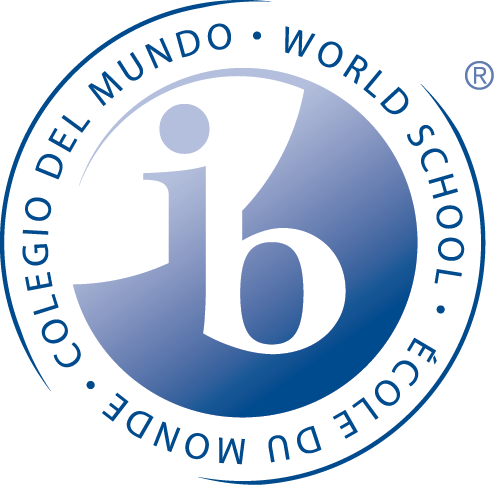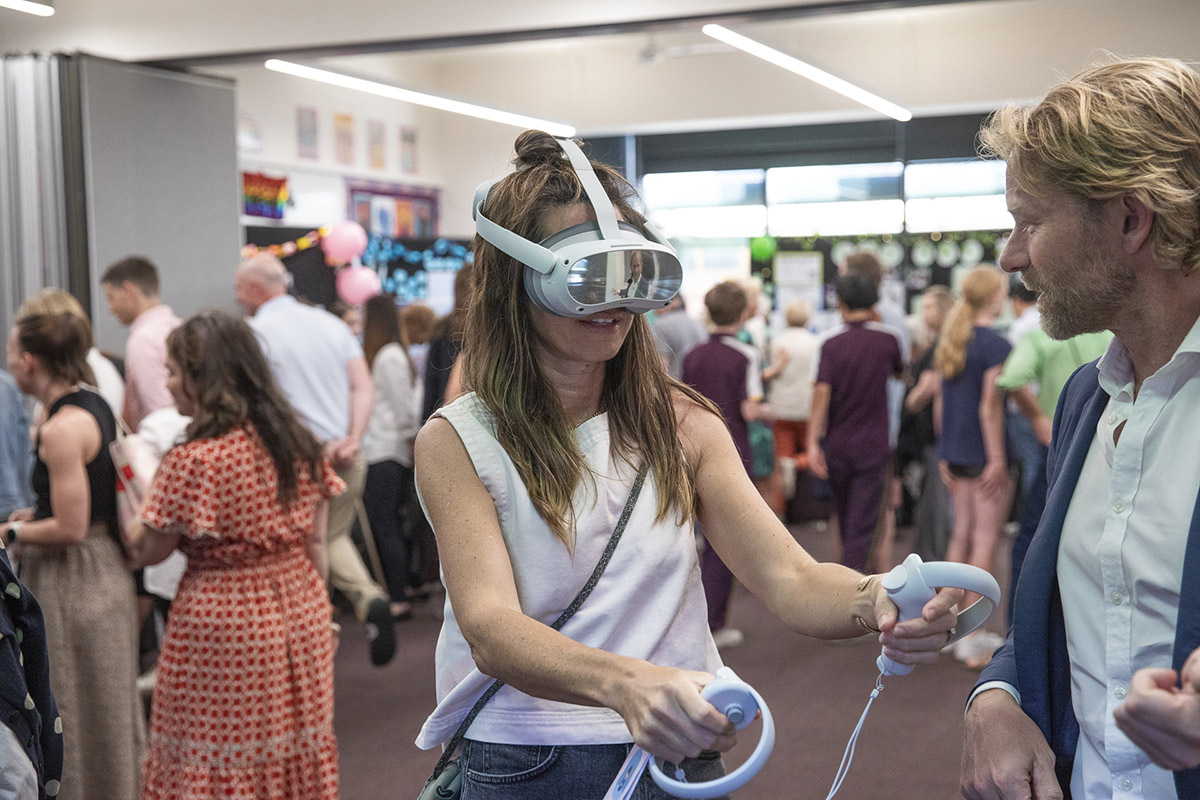The International Baccalaureate (IB) is an internationally recognised curriculum framework for primary, middle and senior school students and is delivered in over 5,000 schools in more than 150 countries worldwide.
Wesley College is an authorised three-program IB World School and is one of just 14 schools in Australia to offer the three-program IB continuum through which to deliver the Australian curriculum, comprising:
- The IB Primary Years Program (IB PYP) for three-year-old Early Learning to Year 6.
- The IB Middle Years Program (IB MYP) for Year 7 to Year 10
- The IB Diploma Program (IB DP) for Years 11 and 12. Wesley students also have the option of undertaking the VCE in Years 11 and 12.
 The same principles and values underpin all three IB programs which are rigorous and developmentally appropriate. Wesley students benefit from a continuum of learning and a coherence to their education as they transition from Junior to Middle and Senior Schools.
The same principles and values underpin all three IB programs which are rigorous and developmentally appropriate. Wesley students benefit from a continuum of learning and a coherence to their education as they transition from Junior to Middle and Senior Schools.
The IB’s educational approach closely aligns with Wesley’s educational philosophy that strives for personal and academic achievement and a focus on developing the whole child.
The IB difference
The IB develops inquiring, knowledgeable and caring people who are motivated to succeed and help create a better world through intercultural understanding and respect.
The IB provides Wesley students distinct advantages and opportunities by:
- Developing international mindedness – students explore issues and ideas at a local, national and global level to foster a greater understanding and appreciation of differing perspectives and diverse ways of being and living.
- Nurturing students’ curiosity – the inquiry-based approach of the IB harnesses students’ natural curiosity and interests. This helps cultivate a love of learning as students play an active role in, and are agents of, their area of inquiry.
- Building students’ critical thinking skills - Students explore curriculum content through broad organising concepts such as identity, change, relationships and how the world works. Learning structured through broad concepts helps students engage with complex ideas, make deeper connections to content and understand how subjects relate to each other and the world beyond the classroom.
- Harnessing students’ ability to problem solve - the IB not only develops traditional bodies of knowledge but its emphasis on transdisciplinary learning cuts across the traditional subject silos in a way that reflects real world problem solving. This is crucial for students’ development and understanding of the complexities of the many global challenges faced by humanity.
- Preparing students for university life and the future world of work – the IB develops students’ skills in conducting inquiry and research, which provides a strong foundation for success in higher education and benefits students throughout their careers as employers increasingly seek graduates able to learn new skills and help solve complex problems.
Hear why Luca chose the International Baccalaureate

IB learner profile
The learner profile is at the heart of all IB programs and represents its values in action. Whatever their age or stage, every IB student strives to develop 10 key attributes. Together these attributes demonstrate an individual’s commitment to lifelong learning and to respecting themselves, their community and the world.
IB learners strive to be:
- Inquirers
They nurture their curiosity and develop investigation and research skills. They approach education and new experiences with enthusiasm, and maintain a lifelong love of learning. - Knowledgeable
They explore concepts, ideas and issues that have both local and global significance, gaining a deep understanding across a broad range of subject areas. - Thinkers
They think critically and creatively to address complex problems. They apply logic, thoughtfulness and initiative to make reasoned, ethical decisions. - Communicators
They grasp and convey information and ideas with confidence and creativity through multiple languages and modes. They collaborate with others enthusiastically and effectively. - Principled
They act with honesty and integrity and possess a strong sense of fairness, justice and respect for others. They take responsibility for their actions and face any consequences. - Open-minded
They are interested in and open to perspectives, values, customs, histories and traditions of other people and communities. They seek and assess other viewpoints and are willing to grow from the experience. - Caring
They are empathetic, compassionate and respectful of others. They demonstrate a commitment to service and to making a positive difference in the world. - Risk-takers
They face uncertainty and new experiences with forethought and determination. They explore innovative ideas and strategies independently or collaboratively. They are resourceful and resilient in the face of challenges and change. - Balanced
They understand the importance of balancing intellectual, physical and emotional elements in order to achieve wellbeing. They appreciate their interrelationship with other people and with the world. - Reflective
They reflect on their own learning, ideas and experiences. They are able to assess and recognise their own strengths and weaknesses and use this self-awareness to inform their ongoing learning and personal development.
Latest IB News

Fostering confident readers through inquiry and evidence-based literacy instruction
Learning to read is fundamental to academic achievement and developing a lifelong love of learning. As an IB World School, Wesley provides a holistic education that is reflected not only in what we teach, but how we teach. READ MORE...

Empowering young minds by uniting passion with purpose
At Wesley College Elsternwick, our Year 6 students recently showcased their PYP Exhibition, a culminating event in the International Baccalaureate Primary Years Program. READ MORE...
